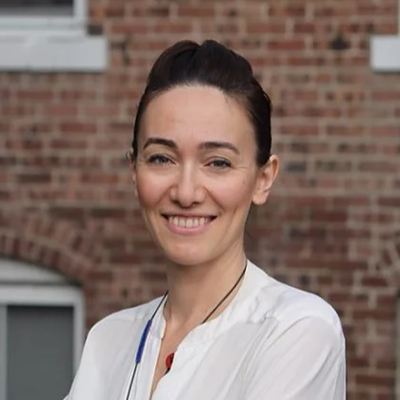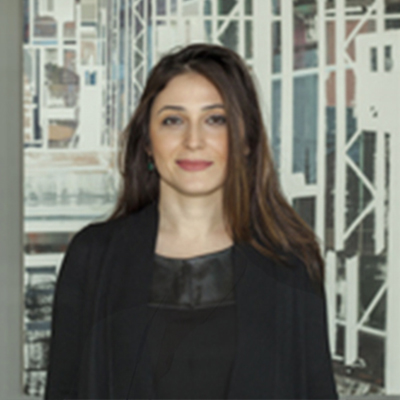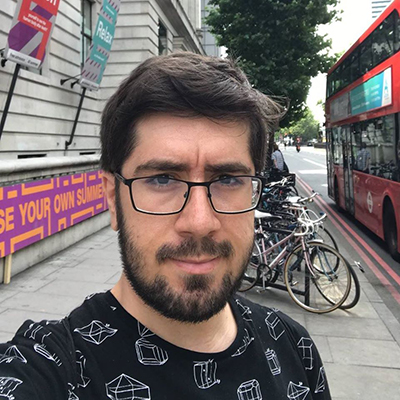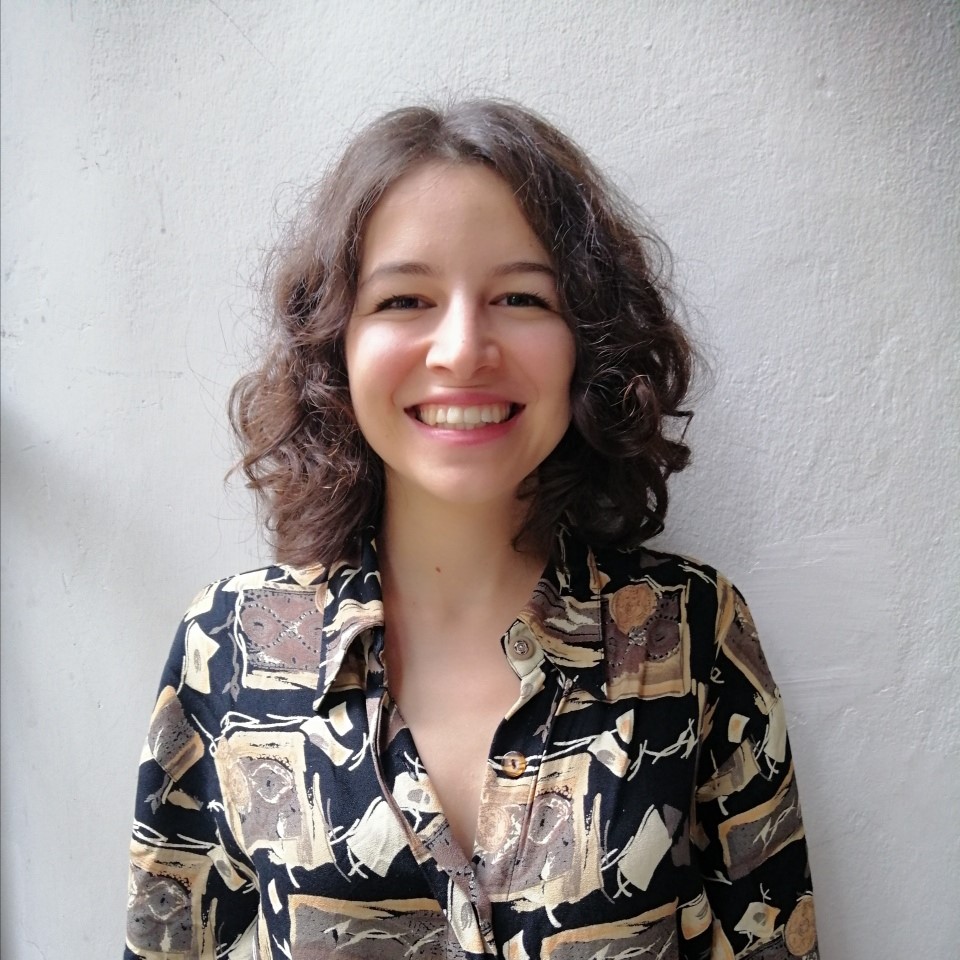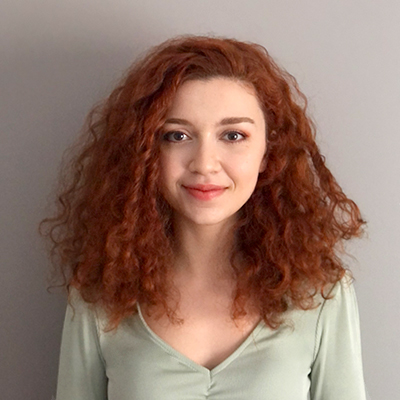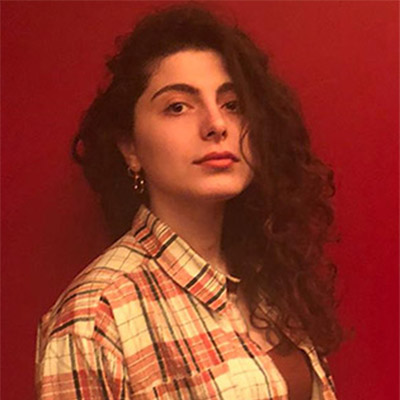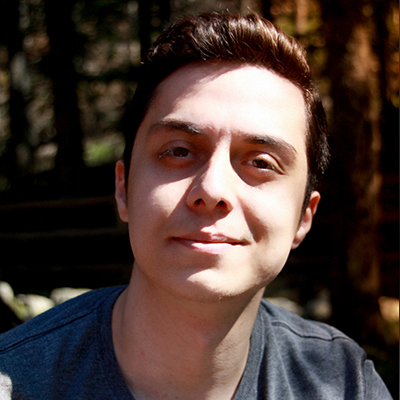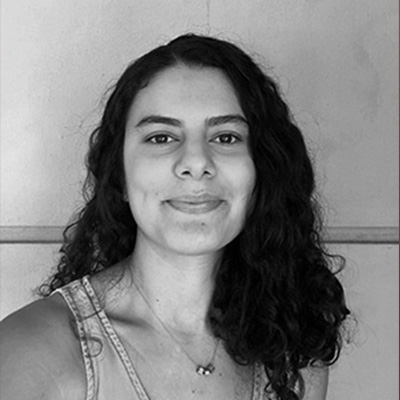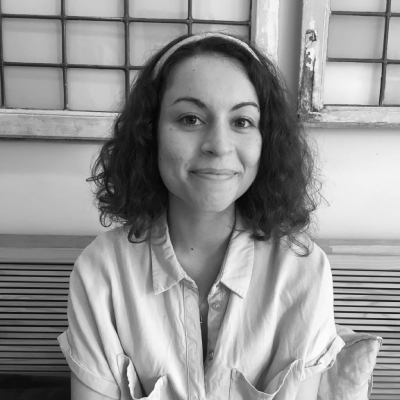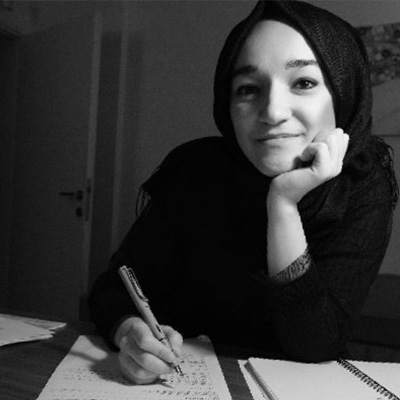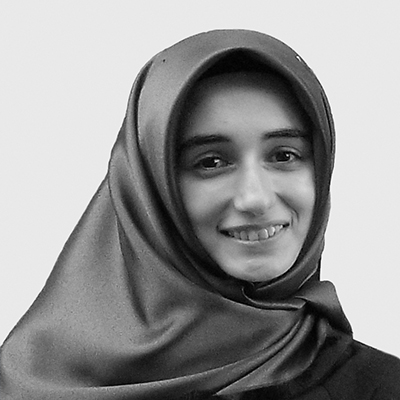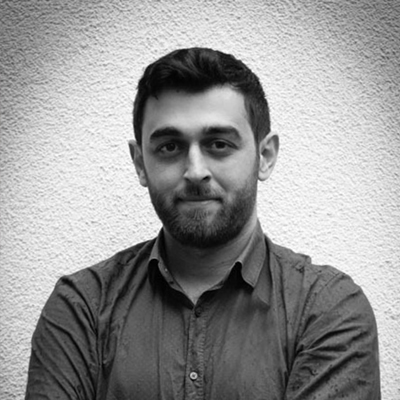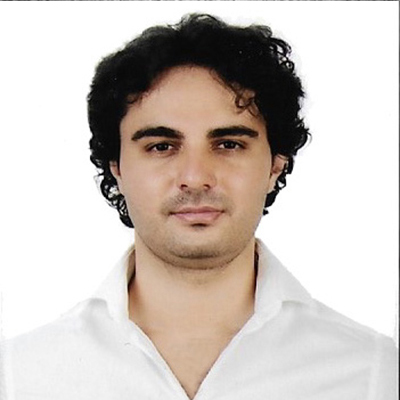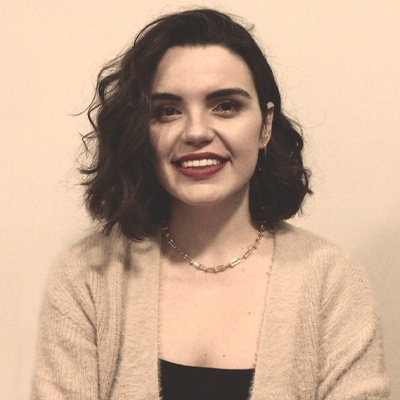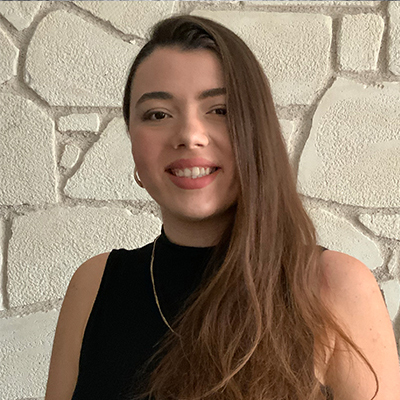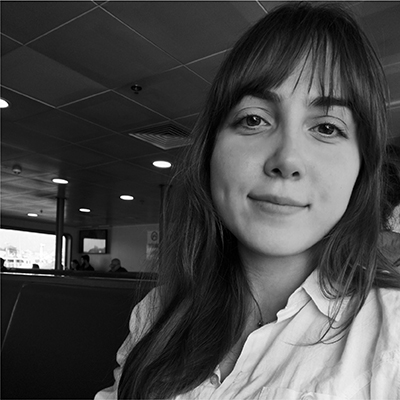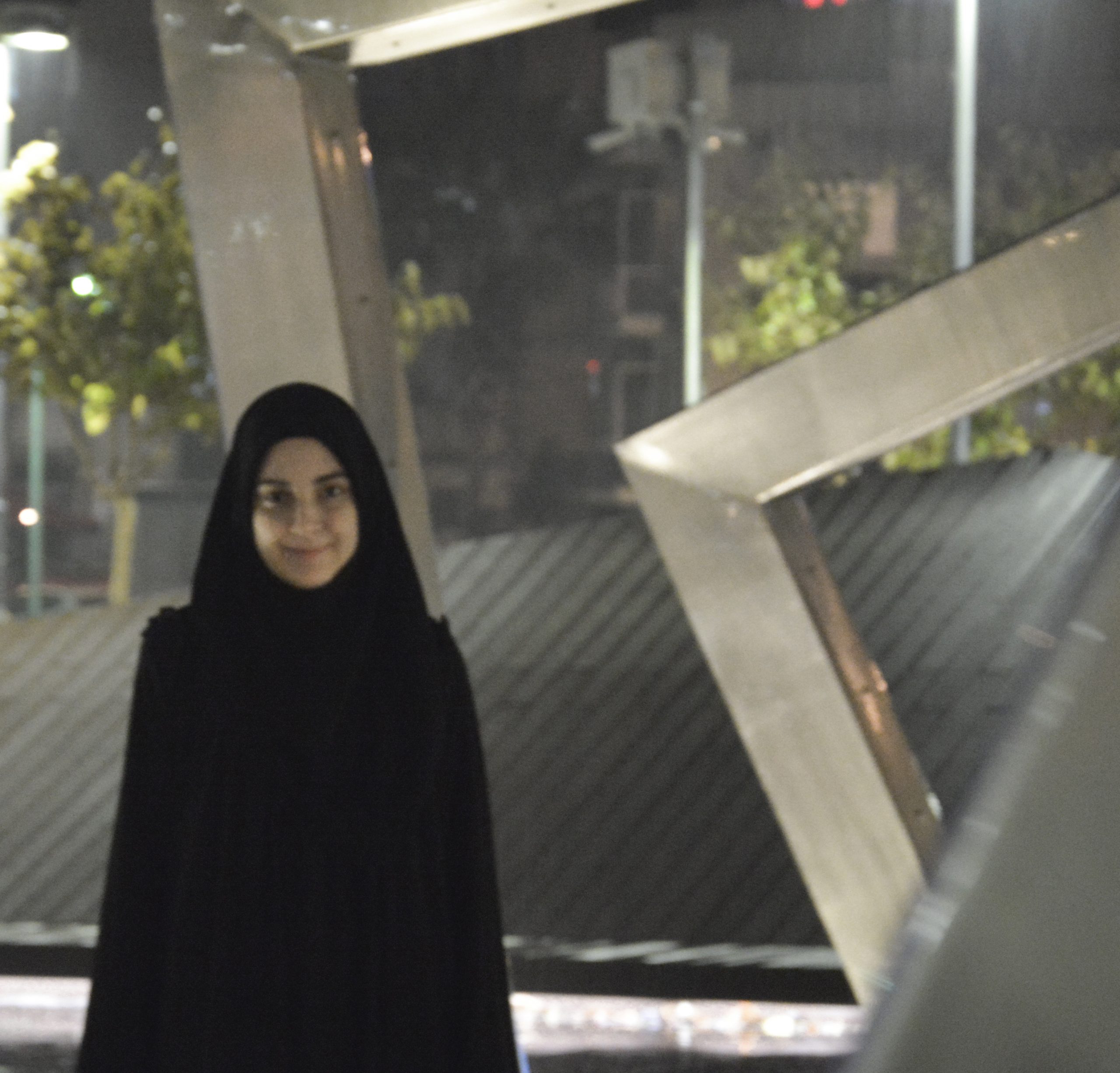MBL514E Digital Architectural Design Studio
Assoc. Prof. Dr. Derya Güleç Özer, Assoc. Prof. Dr. Sevil Yazıcı
Res. Assist. İnanç Şencan, Res. Assist. Sevgi Altun
2020-2021 Spring
DADS 2020-2021 Spring Term project is titled Digital vs. Analogue Applications by using Natural Systems and referencing work in the intersection of computational design, digital fabrication, biomimetic design, and sustainability. The works presented include the projects titled Eco-Syntony, (Syn)-Tactic, Mycel-Skin, Cork Habitat,and brickO’live.
Image Credit: Berkay Öztürk, Merve Taşdelen, S. Ayça Metin
MBL514E Digital Architectural Design Studio
Assoc. Prof. Dr. Derya Güleç Özer, Assoc. Prof. Dr. Sevil Yazıcı
Res. Assist. İnanç Şencan, Res. Assist. Sevgi Altun
2020-2021 Spring
DADS 2020-2021 Spring Term project is titled Digital vs. Analogue Applications by using Natural Systems and referencing work in the intersection of computational design, digital fabrication, biomimetic design, and sustainability. The works presented include the projects titled Eco-Syntony, (Syn)-Tactic, Mycel-Skin, Cork Habitat,and brickO’live.
Image Credit: Berkay Öztürk, Merve Taşdelen, S. Ayça Metin
Eco-Syntony
Zeynep Erkoç, Ayşe Nesligül Çevik
Spirala Ecological Village needs sustainable living like nature. Here a unique construction method is recommended. The construction material is soil and bio-waste found in the region. A database was created with the properties of the bio-waste materials in this area. Material selection was made with data collection. A new type of brick is recommended, which is used both as mold and as a building unit. The aim is that it is the transfer of the changing construction method depending on the changing conditions there from generation to generation.
(Syn)-Tactic
Selen Çiçek, Mert Ulusavaş, Hüseyin Kadıoğlu
We present a multi-scale computational approach that complements urban, architectural, and tectonic concerns on a single algorithm, to satisfy the needs of the self-sustaining eco-village of Spirala Community. For the upper scale-space layout problem of the site, the algorithm aims to achieve high interconnectivity in the space network by applying space syntax methodology. Thus, it enables to satisfy the spatial requirement and site necessities for each program, while maintaining the primary goals of integration. Secondly, the building scale design decisions consider environmental performance criteria both at the spatial organization level as well as with the kinetic building components.
Mycel-Skin
Elif Akbaş, Elif Yalçınkaya, Zeynep Candar
Spirala Ecological Village” is located in Proença-a Velha in the city of Castelo Branco in Portugal, under the municipality of Idanha-a-Nova. Mushroom production is one of the agricultural activities seen in the region and nearby forests. The ‘networking’ role of mushrooms in forest ecosystems has been a reference for the scenario that aims to connect physically and virtually with other eco villages and users.
Cork Habitat
Doğukan Şamdancı, Elif Bahar Okuyucu, Fatih Erdil, Hatice Melike Özbek
The secret behind the beauty of nature is fractal geometries. Repetitions of the order across many scales multiple times create irregular (complex) geometries which still have an order (Batty, 1994, p.17). Cork Habitat is designed based on the principle of repetition with the opportunity of digital tools and creates the geometry of order on many scales, a geometry of organized complexity.
brickO’live
Ayça Metin, Berkay Öztürk, Merve Taşdelen
Spirala Ecological Village is located in Northern Portugal, Idanha-a-Nova. We offer a form which is going to be constructed with the traditional masonry technique. With topological optimization of the masonry units, it has been proposed to have different types of optimized bricks which meet the different strengths. The combination of olive ash clay brick system with optimized brick units, it is almost 30 m3 less material used compared to the traditional brick construction. We believe that the proposed system successfully serves the circular economy with the steps of design, production, remanufacturing, consumption and waste management.
Contributors
Derya Güleç Özer
Assoc. Prof. Dr.
Sevil Yazıcı
Assoc. Prof. Dr.
İnanç Şencan
Res. Assist.
Sevgi Altun
Res. Assist.
Copyright © Architectural Design Computing Graduate Program of Istanbul Technical University, Graduate School, Department of Informatics, 2021. No part of this site, [mbi.itu.edu.tr], may be reproduced in whole or in part in any manner without the permission of the copyright owner.
